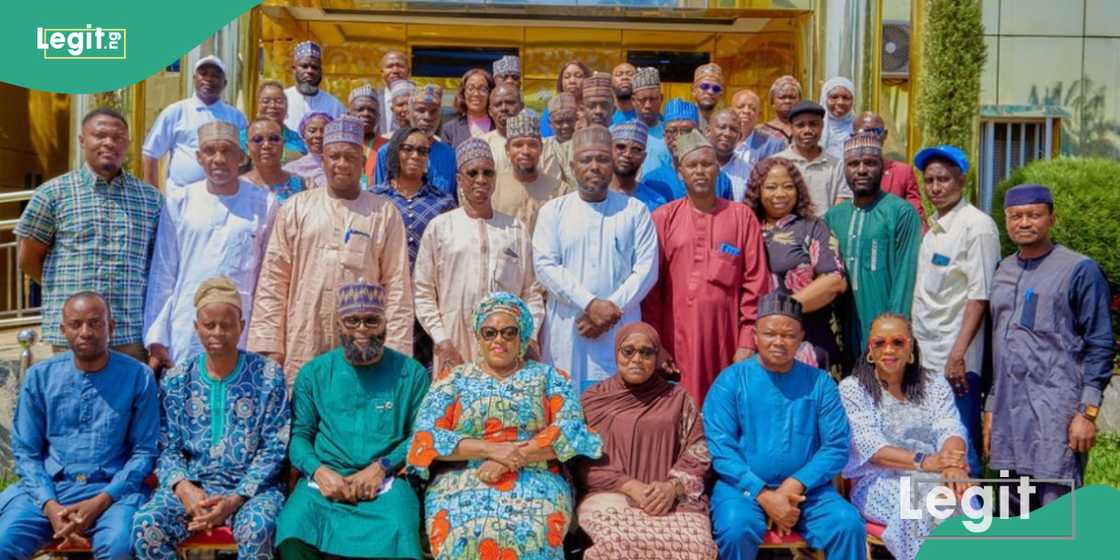Workshop on Gender responsive Budgeting and Girls’ Education Performance Tool Holds For Stakeholders
- Stakeholders in the education sector held a 2-day workshop on Gender-Responsive Education Sector Planning, Budgeting and Girls’ Education Performance Tool (GEPAT)
- The pilot roundtable deliberation which was held in Nasarawa state was organised to address the deficits in the educational sector and mitigate challenges while mainstreaming issues concerning the education of the girl child
- Murtala Adogi Mohammed of the System Strategy and Policy Lab explained that the GEPAT is "critical for developing an inclusive, evidence-based approach to ensure sustainable support for girls’ education"
Legit.ng journalist, Ridwan Adeola Yusuf, has over 5 years of experience covering gender issues and basic education in West Africa.
Keffi, Nasarawa state - Seasoned educationists and civil society members from Adamawa, Akwa Ibom, Bauchi, Borno, Gombe, Kaduna, Kano, Sokoto, Oyo, and Jigawa states converged recently in Keffi, Nasarawa state for a two-day workshop on GEPAT.

Read also
Protest rocks nat'l assembly Abuja amid calls for sack of top public official, details emerge
GEPAT, Gender-Responsive Education Sector Planning, Budgeting and Girls’ Education Performance Tool (GEPAT), is considered part of the approaches that can help improve basic learning systems.

Source: Original
Legit.ng reports that the event, supported by Malala Fund, under the auspices of the federal ministry of education, provided participants with the opportunity to deepen their knowledge and broaden their perspective on basic education in Nigeria.
The workshop introduced essential tools like the GEPAT to generate valuable evidence and Gender Responsive Education Budgeting (GREB) to strategically fund girls’ education. Experts say these tools are critical for developing an inclusive, evidence-based approach to ensure sustainable support for girls’ education in states.
Also, the workshop highlighted the importance of gender equity and why authorities must be intentional about creating a lasting educational impact for girls across the nation.
Speaking after the event, Murtala Adogi Mohammed, the founder and executive director (ED) of Abuja-based System Strategy and Policy Lab (SSPL), explained that education stakeholders unitedly embarked on “the important task” of supporting these states in developing their Gender Responsive Education Sector Plans (GRESPs).
According to him, it is important to empower states to drive rapid, scalable reforms and deliver tangible results.
He told Legit.ng:
“This workshop was a tremendous success, introducing essential tools like the GEPAT to generate valuable evidence and GREB to strategically fund girls’ education.
“These tools are critical for developing an inclusive, evidence-based approach to ensure sustainable support for girls’ education across these states.”
Coalition advocates 12 years of free education for girls
Meanwhile, a coalition of non-governmental organisations (NGOs) working to raise awareness on girl–child education in the country, has advocated 12 years of free, safe and quality education for school-age girls.
The coalition, the National Working Group on Basic and Senior Secondary Education, said by doing so, the country would be taking significant steps towards a brighter future for all Nigerians.
PAY ATTENTION: Сheck out news that is picked exactly for YOU ➡️ find the “Recommended for you” block on the home page and enjoy!
Source: Legit.ng




